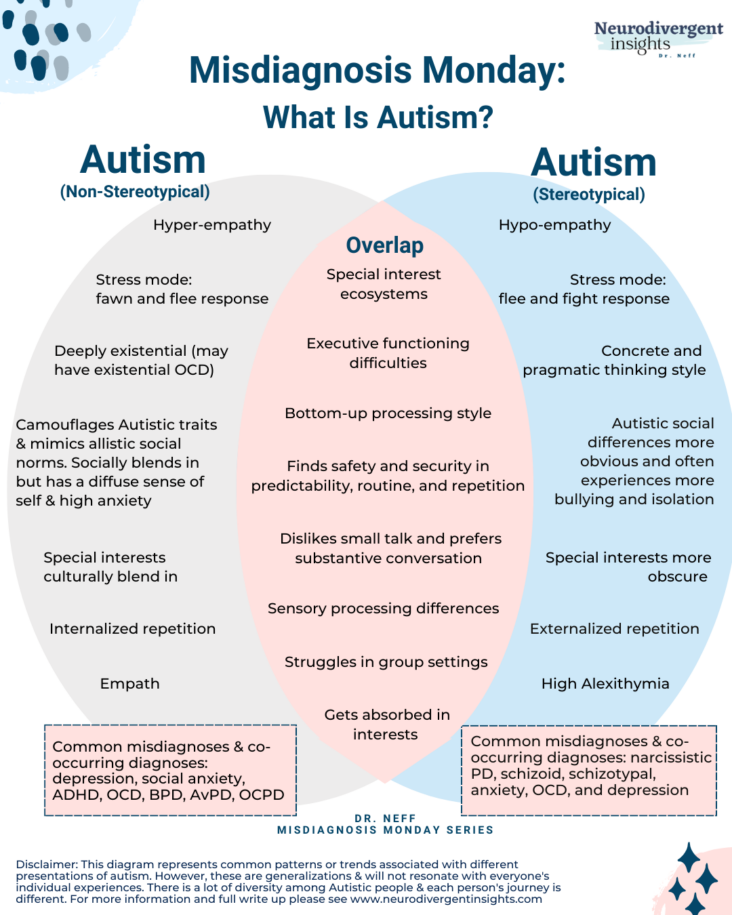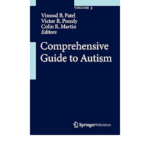Discover the intricate link between parenting styles and autism. This compelling article unravels the complex connection, shedding light on how different approaches to parenting can impact a child on the autism spectrum. Gain a deeper understanding of this subject as we delve into the latest research and hear from experts in the field. Whether you’re a parent, educator, or healthcare professional, this informative exploration will enhance your knowledge and skills in supporting autistic children.
“Understanding Autism: The Basics and Beyond”
Understanding Autism is crucial for creating a nurturing environment for a child with this condition. Autism Spectrum Disorder (ASD) is characterized by challenges in social interaction, communication, and repetitive behaviors. However, it’s a wide-ranging spectrum with diverse symptoms and severity, making each case unique. The journey beyond the basics of Autism involves diving deep into the individual’s unique traits, strengths, and challenges. This is paramount for developing effective parenting strategies. By comprehending the complexities of Autism, parents can better support their child’s development and wellbeing. Accurate information and knowledge about Autism are vital in shaping a parent’s approach and response to their child’s needs.
“Exploring the Different Parenting Styles: Which One is Right for Your Child with Autism?”
Parenting a child with autism presents unique challenges and rewards, making the choice of an appropriate parenting style crucial. Autism affects communication, social interaction, and behavior, and each child’s experience is individual. As such, one parenting style may not fit all. From Authoritative, Permissive, Uninvolved to Authoritarian, each style carries its own set of strategies and impacts. Understanding these styles and their potential effects on a child with autism can provide parents with valuable insight. Hence, it’s important to assess your child’s needs, strengths, and struggles before deciding on the best parenting approach. Strive to create a supportive, understanding, and encouraging environment for your child.
“The Complex Interplay Between Parenting Style and Autism: A Closer Look”

Understanding the intricate relationship between parenting style and autism necessitates an in-depth examination. Research indicates that parenting styles can significantly influence the development and behavior of children with autism. Certain approaches may foster social skills, improve communication, and encourage adaptability. Conversely, others may exacerbate symptoms or stifle growth. However, as autism is a spectrum disorder, what works for one child may not for another, making it necessary for parents to adopt a personalized style. With varying degrees of severity and symptoms, the complex interplay between autism and parenting style is a dynamic, ever-changing equation that requires continuous learning, understanding, and adaptation.
“How Effective Parenting Styles Can Positively Impact Children with Autism”
Effective parenting strategies can significantly enhance the lives of children with Autism Spectrum Disorder (ASD). Adopting an understanding, patient, and structured approach can greatly influence their development and wellbeing. Research suggests that a balanced style of parenting, combining warmth and discipline, can foster social skills, emotional growth and cognitive abilities in autistic children. The utilization of consistent routines and clear communication can also aid in managing their daily challenges. By integrating these parenting techniques, one can effectively support their child’s unique needs and abilities, thereby enhancing their overall quality of life. These aspects of effective parenting are key to unlocking the potential of children with autism.
“Tips and Guidelines: Adapting Your Parenting Style for Your Child’s Autism Spectrum Disorder”
When navigating the intricate journey of parenting a child with Autism Spectrum Disorder (ASD), a tailored approach to parenting styles can make a significant difference. Understanding your child’s unique needs, behaviors, and triggers is crucial for optimal development. This involves fostering communication, creating a structured environment, and promoting independence with empathy and patience. Furthermore, implementing consistent routines, using visual aids, and employing positive reinforcement can greatly enhance their learning abilities. Remember, every child with ASD is unique, and the most effective parenting style is one that adapts to their individual needs. This not only aids in their overall growth but also strengthens the parent-child bond.



